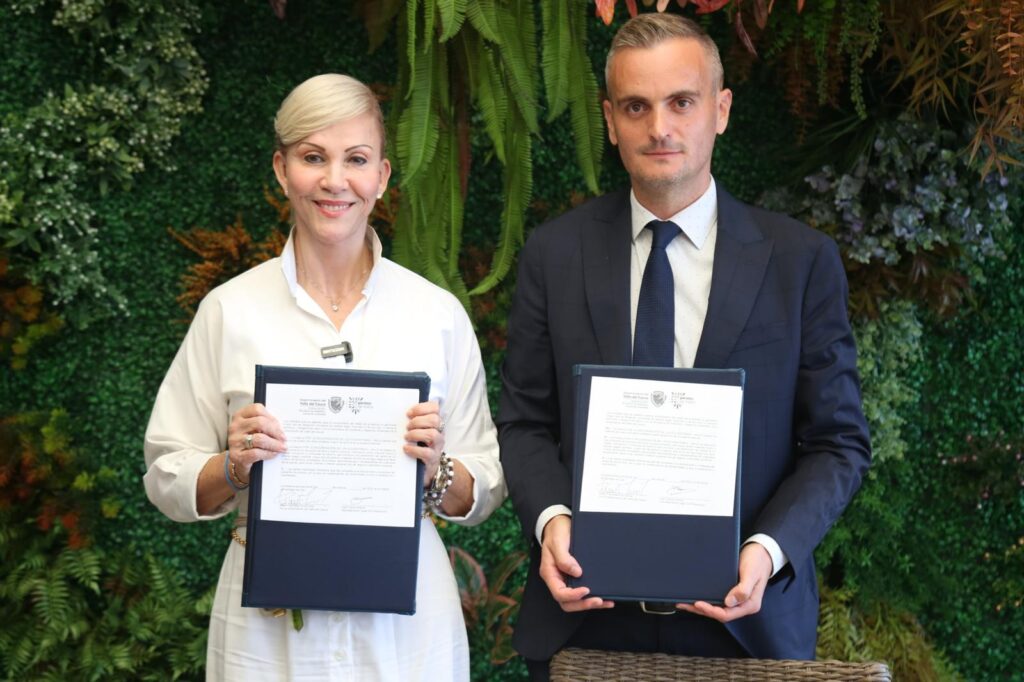Did you know that in some countries you get paid to cycle to work? In the search for sustainable solutions to combat climate change, the bicycle is an alternative that has gained popularity as a means of daily transport. More and more governments are implementing policies that encourage cycling as a means of transport to work. As well as being a sustainable method, it has multiple benefits for the environment, health and the economy.
The role of cycling in reducing CO2 emissions
Transport is one of the main contributors to greenhouse gas emissions, especially in urban areas, with the car being one of the main polluters. The pollution generated has led cities such as Madrid to ban certain vehicles from entering the city centre as a measure to reduce car use.
So cycling to work each day helps to reduce CO2 emissions significantly. For every kilometre cycled instead of driven, approximately 0.2 kilograms of CO2 emissions are avoided.
Other benefits
Promoting cycling not only contributes to reducing CO2 emissions, but also has a positive impact on people’s quality of life and public health.
- By reducing motor vehicle traffic, air and noise pollution levels are reduced, resulting in better air quality and fewer respiratory diseases.
- Cycling promotes an active and healthy lifestyle, which helps prevent sedentary-related diseases such as obesity and cardiovascular disease.
- Another beneficial effect of cycling to work is on mood. Exercise releases endorphins, which help reduce stress and anxiety, leading to improved productivity.
- As a fuel-free mode of transport, it also includes an economic benefit that can even turn into an income depending on where you live.
Countries that pay for cycling to work
Countries such as the Netherlands, Belgium and France have already implemented measures whereby citizens can earn extra income for cycling to work. This initiative to promote sustainable mobility consists of receiving tax incentives or discounts for kilometres cycled, which in some cases can be paid for by the company you work for.
- The Netherlands and Denmark. Considered a cycling paradise, the Dutch and Danish governments pay approximately €0.21 per kilometre, which is paid through your paycheck. This means you could earn up to €1,500 extra per year for cycling to work.
- France. The French government also encourages cycling to work, as well as those who use other non-polluting means of transport such as electric scooters. In this case, workers who join the sustainable mobility scheme can earn up to €800 a year.
- Belgium. In Belgium, cycling to work is a tax incentive of €0.25 per kilometre of distance. In addition, in many cases, company bicycles are provided to employees.
- Italy. The compensation Italians receive for cycling to and from work is around €0.23 per kilometre, with a limit of €600 per year.
- Germany. The German government is one of the highest compensators, with an incentive of €0.30/km. In addition, some cities offer low-cost rental schemes.
Measures and policies to promote mobility in Spain
In Spain, the Sustainable Mobility Law obliges companies with 500+ employees to draw up a sustainable mobility plan to work. However, there is still no policy to provide financial incentives to employees.
The Ministry of Transport, Mobility and Urban Agenda is planning to promote the ‘Bicycle Strategy’ to encourage the use of this means of transport. This is an awareness-raising campaign that requires the role of companies to involve citizens and to become a “good practice”.
In short, promoting cycling is not only an effective measure to reduce CO2 emissions and improve people’s health, but also offers economic and quality of life benefits. It is crucial that governments continue to make progress in implementing policies that promote sustainable mobility and that businesses and citizens join this trend towards a greener and healthier future.


